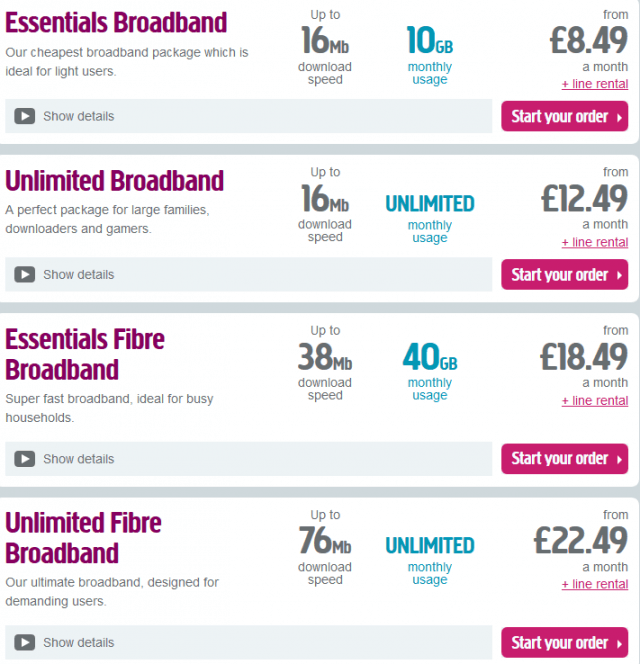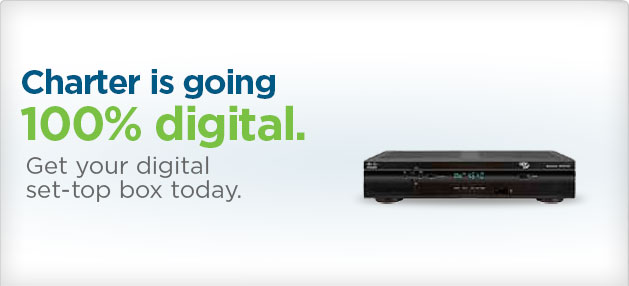 Charter Communications’ march to all-digital service is one big Excedrin headache for many of the communities enduring the cable company’s conversion.
Charter Communications’ march to all-digital service is one big Excedrin headache for many of the communities enduring the cable company’s conversion.
Charter is embarked on a campaign to end analog cable television service, freeing up bandwidth to offer more HD channels and increase broadband speeds. But the switch to digital has been accompanied by frequent service disruptions and outages.
In Texas, customers complain their digital channels are often frozen or pixelated. In Casper, Wyo., where Charter acquired an older cable system from Cablevision that was originally built by Bresnan Communications, customers’ complaints range from inconsistent service and slow response times to loss of sound and frozen video during airing of City Council meetings.
But some of the loudest concerns about Charter originate from the Outer Banks of North Carolina where customers are finding the switch to digital can be very costly.
Tourism is a major part of the local economy and the Outer Banks are filled with seasonal homes, rental condos and hotels. Many property owners maintain seasonal accounts with Charter Cable, only active during the tourist season. Some hotel owners notified about Charter’s plans to transition towards digital service worked with the cable company to buy televisions that would not need additional equipment to work after the switch. With the cable company’s recommendations, some hotel chains purchased dozens or even hundreds of digital-ready television sets installed in rooms that were ready for the switch.
 Only recently, Charter notified customers they also planned to encrypt the basic lineup, rendering the digital televisions useless without the additional cost and inconvenience of installing Charter’s digital set-top boxes. Although Charter will temporarily offer customers free rental of the boxes, after the offer expires, customers will pay Charter $6.99 a month for each box. For some upper end condos, the cost of renting multiple boxes will exceed the cost of the cable TV package.
Only recently, Charter notified customers they also planned to encrypt the basic lineup, rendering the digital televisions useless without the additional cost and inconvenience of installing Charter’s digital set-top boxes. Although Charter will temporarily offer customers free rental of the boxes, after the offer expires, customers will pay Charter $6.99 a month for each box. For some upper end condos, the cost of renting multiple boxes will exceed the cost of the cable TV package.
The Outer Banks Voice details several other customer complaints:
With the older analog systems, many owners flat mounted their televisions to walls and had the cable wired directly into the television, out of sight. With boxes now required, rental homeowners will need to figure out where to place the box and how to run the cables to the set.
In addition, rental companies and homeowners will need to keep track of numerous remotes and keeping those remotes supplied with working batteries.
[…] Thus far, Charter is not offering boxes for sale, so owners cannot absorb the cost over the long-run use of the box, and there appears to be some confusion on whether homes with five or more televisions will require a “Pro Installation” at extra cost to ensure signal strength is sufficient.
If such an installation is required, owners and rental management companies will also be required to arrange access for Charter installers.
Rental condos are also faced with yet another logistic hurdle.
Many condos include cable television fees in their monthly association dues, and the cable contracts for all units are in the name of the condo association.
To obtain boxes, condo owners are now going to be required to set up their own individual accounts, often from an out-of-state location, and then determine how to get the boxes installed.
Signal strength is also a concern in condo projects. Even with analog signals, the multiple connections in one area make reception fuzzy and of low quality.

A small sample of complaints found all over Charter’s social media pages.
Charter Communications shared their side of the story about the digital conversion:
Outer Banks, N.C.
Charter customers are notified by newspaper, direct mail, bill messages, phone calls from Charter representatives, and Charter commercial spots beginning at least 30 days prior to their cutover. Charter is making it easy for customers to receive one or more digital boxes at no cost for one, two or five years, depending on the customer’s programming package and other qualifying factors.
Customers that need less than four boxes can have them shipped directly to their home by calling 1-888-GET-CHARTER or pick them up at a Charter Store.
Customers that live out of town, that own vacation homes, can authorize personnel with their property management company or other specified individuals to pick up their boxes. Customers must first authorize those individuals and add them to their account by calling 1-888-GET-CHARTER. The customer account owner can rescind authorization of individuals at any time.
Property Management companies or authorized individuals can then obtain up to five set-top boxes at a Charter Store.
Customers needing more than five boxes should contact Charter 1-888-GET-CHARTER. A professional technician will be scheduled to assist customers with the installation.
Charter Stores are currently operating with expanded hours to accommodate customers during this all-digital project. Charter Store hours will also be expanded in April where peak volume is expected.
Commercial properties have several options available and can work with their Charter Business account representative on the best solution for their business.
Due to advances in technology, solutions available may involve the need for additional equipment in order to provide the best possible cable, Internet and voice products for our customers.


 Subscribe
Subscribe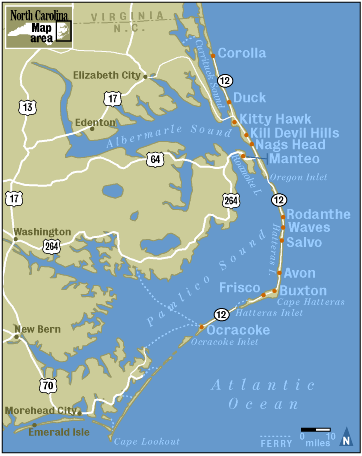
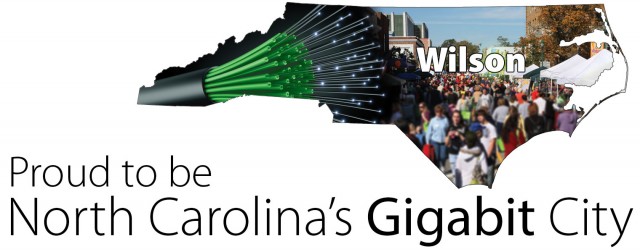
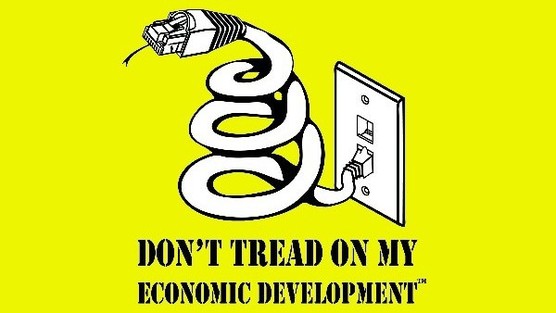
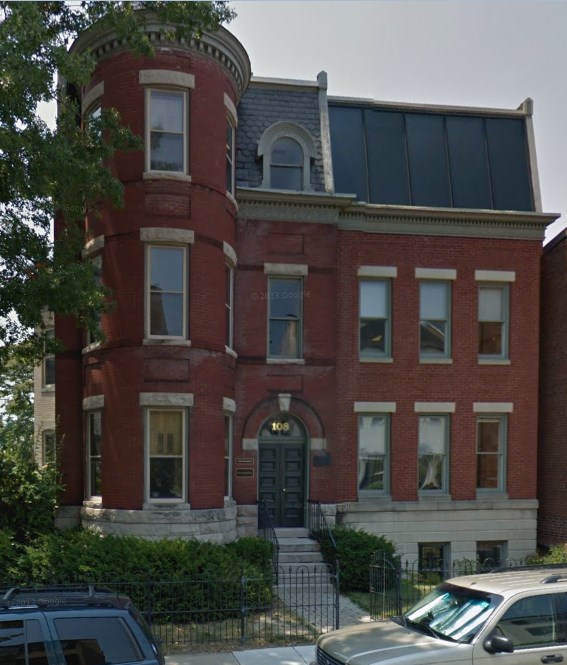

 Cedar Falls, Iowa
Cedar Falls, Iowa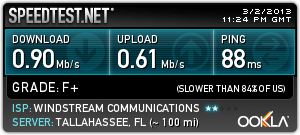
 Customers who called to complain about the poor performance of their connection received empty promises from Windstream representatives that misrepresented the time frame within which broadband speeds would improve. In some cases, customers were not told their speed issues would likely never be resolved. In rural Georgia communities, DSL broadband is often the only available option.
Customers who called to complain about the poor performance of their connection received empty promises from Windstream representatives that misrepresented the time frame within which broadband speeds would improve. In some cases, customers were not told their speed issues would likely never be resolved. In rural Georgia communities, DSL broadband is often the only available option. “Windstream … has cooperated fully throughout the inquiry by the Governor’s Office of Consumer Protection,” wrote a company spokesperson in a statement. “Windstream is pleased to resolve this inquiry by entering an assurance of voluntary compliance with all applicable advertising laws. That agreement includes no finding or admission of violation by the company.”
“Windstream … has cooperated fully throughout the inquiry by the Governor’s Office of Consumer Protection,” wrote a company spokesperson in a statement. “Windstream is pleased to resolve this inquiry by entering an assurance of voluntary compliance with all applicable advertising laws. That agreement includes no finding or admission of violation by the company.”
